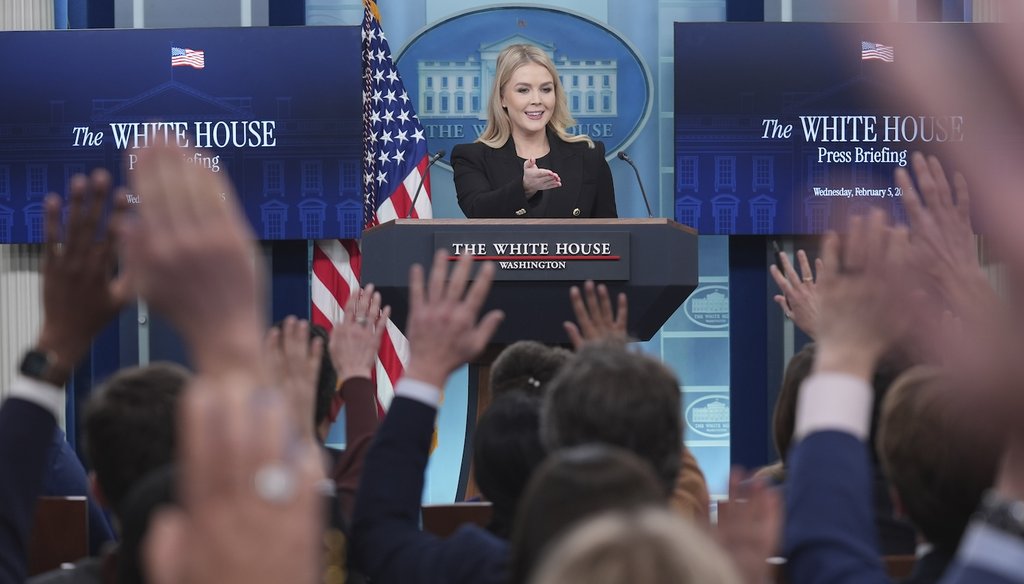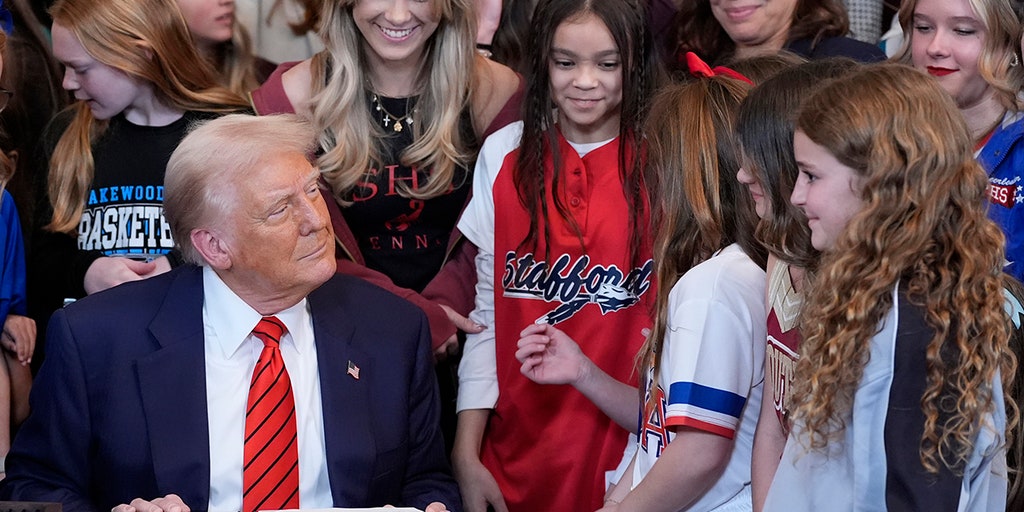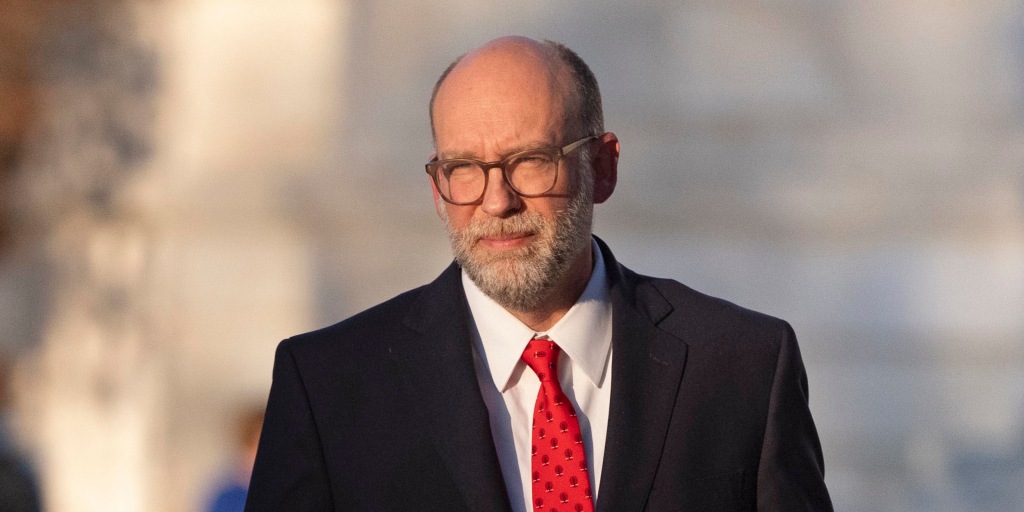Republicans Critique USAID Spending Amid Calls for Budget Cuts

Republicans are questioning U.S. Agency for International Development spending, citing programs as wasteful. However, accuracy and funding misrepresentation have surfaced in the criticism.
Republicans calling to slash government spending have scrutinized the U.S. Agency for International Development's programs and questioned the need for some of its spending.
President Donald Trump's administration has pointed to a range of programs as emblematic of the federal agency's waste, from Politico subscriptions to anti-disinformation campaigns and diversity-based theatre productions.
Americans want their tax dollars "going to good uses, not stuff like this," White House Press Secretary Karoline Leavitt said in a Feb. 5 press conference, after reading aloud a list of USAID grants.
However, not all of the programs Leavitt referred to were USAID-funded, and many are being described inaccurately by the White House and social media commentators.
USAID is the U.S. government's international humanitarian and development arm, created by Congress under President John F. Kennedy. Its programs aim to address disease and hunger, and promote democracy worldwide.
Elon Musk, billionaire CEO of Tesla and SpaceX and a close Trump ally, has been working to shut down the agency through the Department of Government Efficiency, known as DOGE, a nongovernmental group he's leading. Nearly all USAID's spending has been frozen, with most employees placed on administrative leave. Secretary of State Marco Rubio is now the agency's acting director.
In a Feb. 5 interview with PBS News Hour, Andrew Natsios, former USAID administrator under President George W. Bush, noted it is not unusual for a new administration to change the aid agency's direction. However, the programs highlighted were not representative of USAID's overall work.
"AID is one of the great humanitarian powers in the world for the United States to protect the American people and our national interests and to assist people in the developing world," he remarked.
Upon further investigation into the programs labeled as wasteful by critics, it was found that some claims misrepresented facts regarding funding sources and project scopes.
A screenshot of a U.S. government website showed that Politico received $8.1 million in government contracts, leading many to claim USAID funded Politico. However, USAID did not give these funds; the amount originated from various federal agencies.
In 2024, USAID paid $24,000 for a subscription to E&E News, a Politico subsidiary. The agency also previously bought another subscription for $20,000 in 2023.
Politico executives clarified that agencies subscribe to Politico Pro through standard procurement processes, asserting that it constitutes a transaction rather than funding.
Leavitt also mentioned several initiatives during the Biden administration that focused on diversity and inclusion. She stated USAID had spent "$2 million for sex changes in Guatemala," but the grant to Asociación LAMBDA was actually aimed at advocating for LGBTQ+ rights.
Furthermore, the $70,000 mentioned for funding a diversity musical was not a USAID program, but rather a State Department initiative.
Additionally, Leavitt misrepresented several other grants, including one aimed at funding a transgender opera and another for a comic book. Both came from the State Department and were part of public diplomacy programs.
Leavitt emphasized a $20 million funding for a new Sesame Street show in Iraq and a $4.5 million grant to combat disinformation in Kazakhstan. While the Sesame Workshop received funding, the total allocated was $13 million.
Efforts with Internews Network, aimed at enhancing information integrity, are part of longstanding USAID objectives to counter Russian influence in eastern Europe.
Experts argue that scaling back foreign aid could enable Russia and China to gain more influence in the region.



















